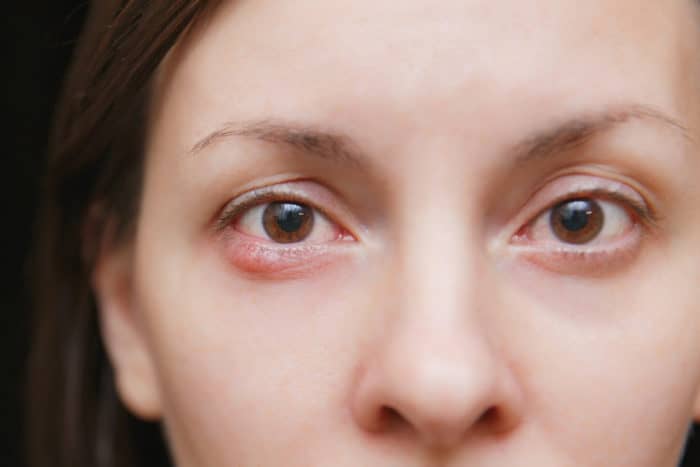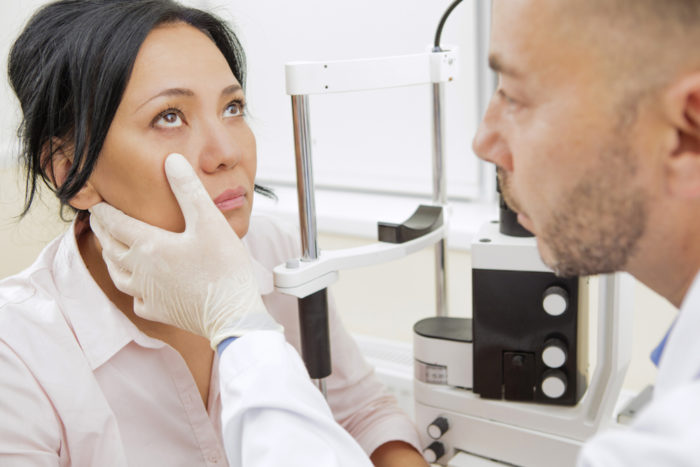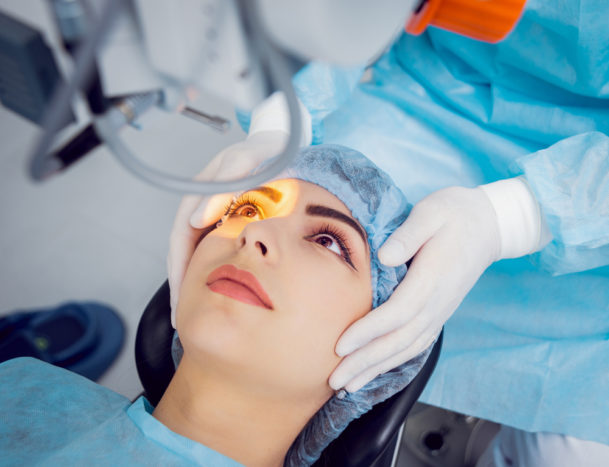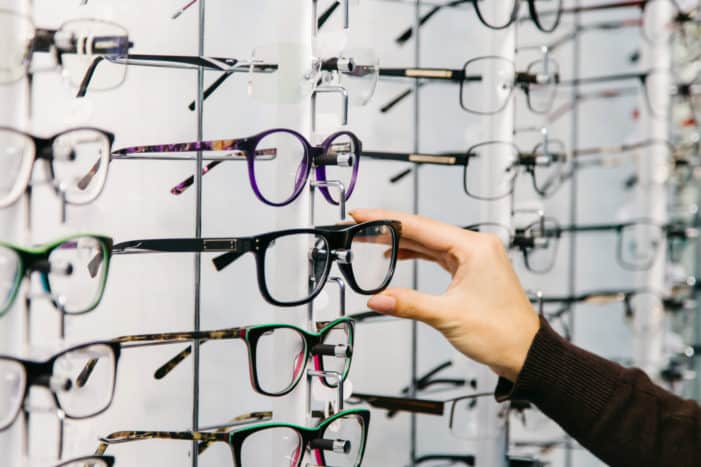Contents:
- Medical Video: Danny’s Story – The Importance of Diabetic Eye Screening
- What is retinal detachment?
- What are the signs and symptoms?
- Why did I experience this condition?
- How do doctors diagnose this condition?
- What is the treatment for retinal detachment?
- How is retinal detachment at home treated?
Medical Video: Danny’s Story – The Importance of Diabetic Eye Screening
Complications of diabetes can attack the eye. One that might occur is the retinal ratio. Retinal detachment is a serious form of diabetes and requires immediate treatment. Yes, this condition can cause patients to experience visual disability to permanent blindness in the eye affected by ablation. Find out more information about the retinal detachment below.
What is retinal detachment?
The retina is a layer of tissue in the back of the eye that contains millions of nerve cells. These cells take light that enters the eye and convert it into nerve signals for the brain, giving us the ability to see. In general, retinal function can be likened to the sensor function on the camera. So if the sensor function on the camera is damaged, then the resulting image will be disturbed and even have no picture at all. Likewise with retinal function. If the retina is damaged, it will affect your vision.
While retinal detachment is a condition when your retina is released from its supporting tissue. When the retina is released, the retina is lifted or pulled from its normal position. If not treated immediately, retinal detachment can cause permanent vision loss. In some cases, there may be a small area of the retina that is torn. These areas, called retinal tears or retinal tears, can cause retinal detachments.
Retinal absorption is more common in elderly adults. Someone who has a history of diabetic retinopathy, another form of complications of diabetes in the eye, is also at high risk of experiencing this condition. Not only that, children and young adults who have minus eyes with high scores are also at risk of experiencing retinal deterioration.
What are the signs and symptoms?
Retinal detachments often cause no pain. However, the symptoms of this condition usually appear before the ablation actually occurs or has increased. Some typical symptoms of retinal detachment are:
- There are shadows on one or both eyes that last for days
- See flashes of light that are very bright on the edge of the eye, such as exposure to the camera flash beam
- Blurred or blurred vision
- Eye bags enlarge suddenly
If you experience one or even all of the above symptoms, immediately contact an ophthalmologist. The earlier the retinal detachment is diagnosed, the greater the chance of recovery.
Why did I experience this condition?
As we age, the retina of our eyes becomes thinner and more fragile. This often causes the appearance of a small hole in the retina, which allows fluid between the retina and the lens to leak under the retina.
Too much fluid under the retina can cause the retina to start pulling away from the base of small blood vessels. Lack of oxygen in the retina will eventually destroy nerve cells that are responsible for changing light.
Diabetic retinopathy, or retinopathy, is one of the common long-term complications of diabetes and a major cause of blindness in adults. Retinopathy occurs because of a high level of high blood sugar that damages small blood vessels in the retina. This damage can cause the formation of scar tissue, which can pull the retina from its position.
Other causes of retinal detachment are eye injuries, eye surgery because of certain diseases, and uveitis and other conditions that cause swelling in the eyes.
How do doctors diagnose this condition?
An opthalmologist (eye doctor) will check your eyes. To check the retina and pupils, your doctor may take a test that includes:
- Fluorescein angiography. Use special dyes and cameras to see blood flow in the retina.
- Tonometry. Check the pressure inside the eye.
- Ophthalmoscopy. Check the back of the eye, including the retina.
- Refraction Test. Check prescription glasses.
- Check color vision.
- Visual acuity. Check the smallest letters that can be read.
- Slit-lamp check. Check the structure before the eyes.
- Eye ultrasound.
What is the treatment for retinal detachment?
Your doctor will recommend the appropriate procedure based on the severity of your condition. To repair your separate retina, the doctor will use a surgical procedure along with photokoagulation or cryopexy.
After surgery, your vision may still be disturbed until your eyes are fully recovered. Usually the recovery process can take months.
However, not all surgical procedures result in recovery of normal vision. Even in cases where the retina is successfully connected, there is a risk that you may still experience decreased vision. Even so, this decrease in vision does not make you lose your vision permanently after your treatment is done.
It should be understood that the longer the retina is left separate (or not treated), the greater the chance of permanent loss of vision. So, immediately consult an ophthalmologist if you experience some of the symptoms mentioned above.
How is retinal detachment at home treated?
You may experience a visual impairment that depends on how much of the retina is released. There are many things you can do to overcome the retinal detachment due to diabetes complications. Some of them include:
- Control blood sugar. If you have diabetes, ensuring your blood sugar levels are stable is important to note. You can stabilize blood sugar by adjusting your diet and diligently taking diabetes medication or injecting insulin.
- Use special glasses. You can optimize vision by using glasses specifically prescribed for the effects of retinal detachment. You may also be prescribed other visual devices by a doctor.
- Take advantage of digital technology. Digital audio books and computer screen readers can help you read. The development of increasingly sophisticated technology can make it easier for you to do activities even though you are experiencing visual impairments.
- Adjust lighting at home. Adjust the right light in your home to help optimize your daily activities.
- Ask for help from others. Tell friends and family members about your vision problems so they can help you.


















